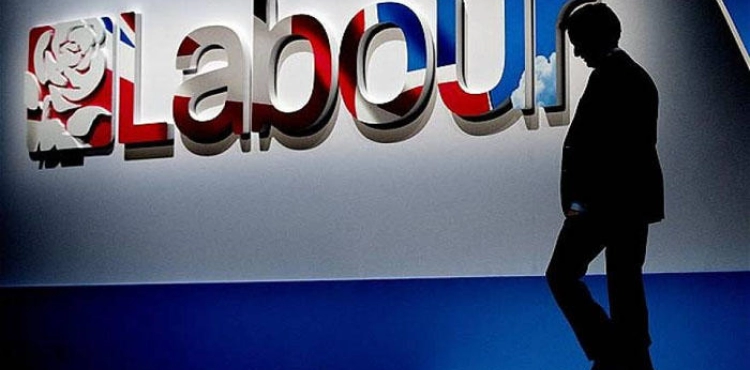Britain´s opposition Labor Party unveiled its platform for next month´s parliamentary election on Thursday, promising a radical social change including nationalization of key sectors and a second referendum on Brexit.
Party leader Jeremy Corbin called the program "the most radical and ambitious plan to change our country that has been put forward for decades" and "an unrepeatable opportunity for real change."
Promises include securing railways, water, energy, internet services and telecommunications, as well as substantial investments in public services, corporate reform, and a proposal to limit weekly working hours to 32 hours.
Labor has promised a "green industrial revolution" to tackle what Corbin called an "emergency climate" by focusing new jobs and industries on efforts to tackle global warming.
But the most pressing problem at the moment is Brexit, with Britain set to leave the European Union on January 31, weeks after a December 12 general election.
The Labor Party said that within six months of taking office, a new Brexit agreement with the European Union would be concluded and a second referendum would be held on Britain´s EU membership.
"The British people have the last word. Our government will implement the results of the referendum no matter what," he told a number of party activists, candidates and the media.
Opinion polls show Labor retreating behind Boris Johnson´s Conservative Party, and many activists acknowledge the party´s ambiguity toward Brexit is hurting him.
But Corbin hopes to attract voters as he did in the 2017 election by focusing on tackling inequality after nine years of austerity measures under conservative governments.
"It is full of popular policies that have been blocked by the political establishment for a generation," Corbin said during the unveiling of the party´s program in the central city of Birmingham.
He renewed his attacks on the wealthy and powerful that have marked the Labor campaign so far. "It´s time for real change," he said.
The program included promises such as a five percent salary increase for private sector workers and the elimination of university fees.
Corbin said Labor would return "clear monopolies" to the public domain, including acquiring part of telecom giant British Telecom and providing free Internet access for all.
The party plans a massive increase in borrowing to finance investments, which the former Institute of Financial Studies estimated at £ 55 billion, or $ 71 billion a year.
The Labor Party also promised to raise taxes on the top 5 percent who earn the highest revenue, increase corporate taxes and tax the oil and multinationals.
The Conservatives were quick to attack those plans, describing them as a "reckless spending spree that could seriously hurt the British economy."
British Chambers of Commerce Chairman Adam Marshall said companies would welcome infrastructure development plans as well as a more open approach to migration.
But "full control is not the way to go," he said. "Excessive corporate governance interventions and high tax increases are stifling innovation and growth."
Corbin said he expected hostility from business groups, political rivals and the right-dominated media, because "the regime works for them."
"The regime is in their interest, but it doesn´t work for you," he said.
Labor wants to put workers on corporate boards, invest in transportation and build 150,000 low-cost homes a year.
Johnson has yet to unveil his election platform and is expected to do so at the weekend.
Before the Labor Party unveiled its program, Johnson announced a cut in payroll taxes and promised to build at least one million homes in five years.
After Britain´s Brexit is postponed three times, Johnson´s focus in the election is on implementing the Brexit as scheduled on January 31.
Corbin said his plan for a second Brexit referendum was a responsible approach, but Johnson said a reorganization of the referendum would only lead to further delays.
"Just because we will end Britain´s exit from the EU and end uncertainty, we can cut taxes on the hard-working taxpayers," he said.












